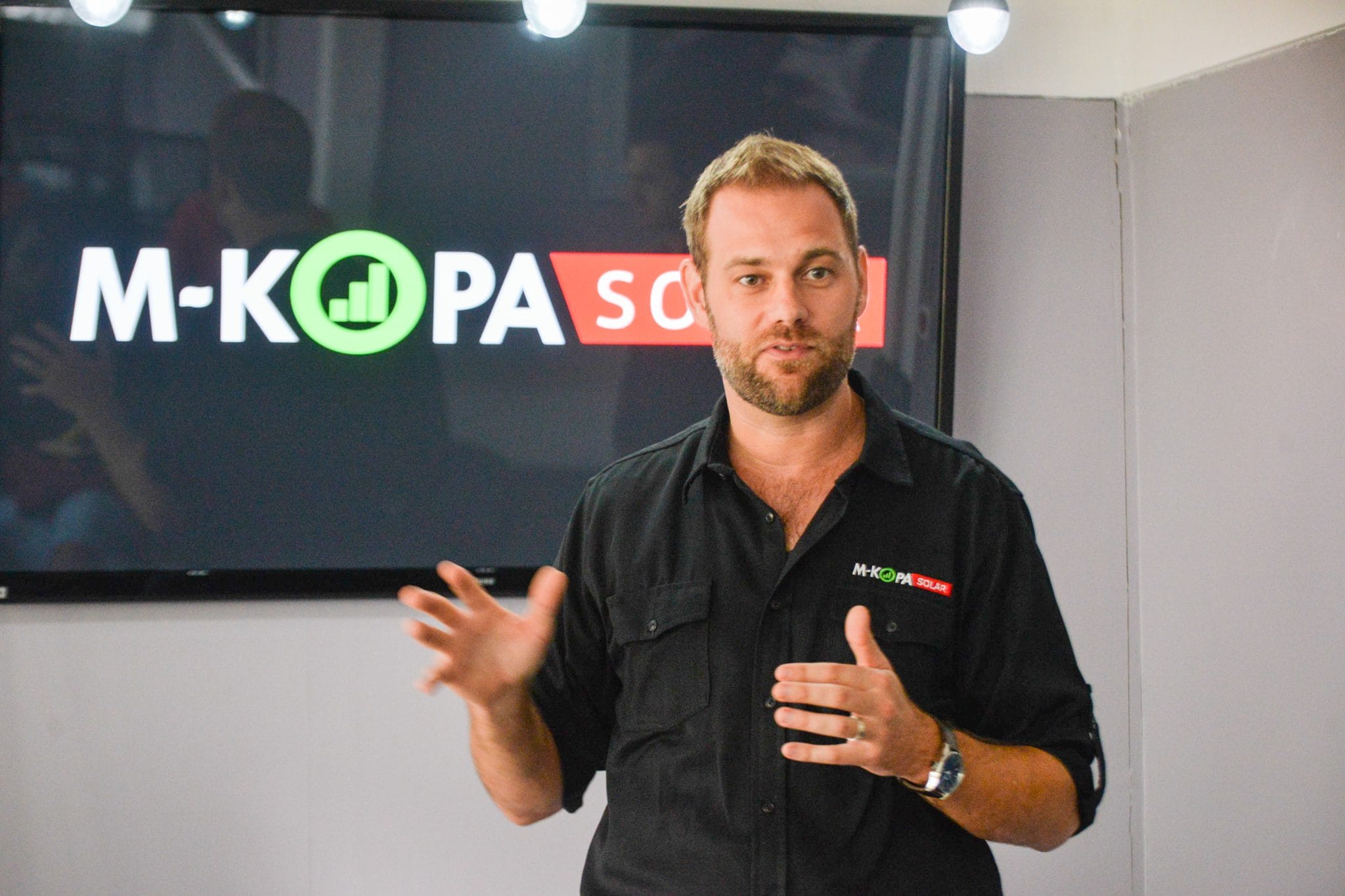M-KOPA Holding, an asset financing startup, must now pay taxes in Kenya after losing an appeal at a tax tribunal. The startup appealed against a $6.8 million tax demand for 2017 to 2019, arguing that it’s incorporated in the UK.
M-KOPA’s argument, based on the Kenya-United Kingdom Double Taxation Treaty (DTT), was that it is managed and controlled from the UK and therefore exempt from Kenyan taxes. However, the tribunal dismissed this claim.
The tribunal ruled that the startup must pay part of the $6.8 million in back taxes, though it did not determine the exact amount the company owes the Kenya Revenue Authority (KRA).
Despite M-KOPA’s claims of having a registered office in the UK and most of its directors residing outside Kenya, the tribunal concluded that the company’s tax residency is in Kenya. This means it is subject to Kenyan income and capital gains taxation.
“The appellant’s failure to provide evidence to support its argument that the board had actually made core decisions affecting the operation of the company in the meetings held outside Kenya meant that it had failed to discharge the burden of proving that it was not a resident in Kenya as enunciated in Section 30 of the TAT Act,” the tribunal said.
The tribunal’s ruling is a major win for the KRA and could have implications for other Kenyan startups with registered tax residency outside Kenya.
The tribunal found that the company’s key management decisions are made in Kenya because its CEO, CFO, and CCO are Kenyan residents.
Kenya is M-KOPA’s largest market, followed by Nigeria, Ghana and South Africa. The startup’s products include solar power systems, smartphones and electric bikes, which users pay for in small installments. In 2023, M-KOPA secured $250 million of debt and equity funding for its pan-African expansion.
African tech leaders and global players will be at Moonshot by TechCabal. You can get tickets here.





















